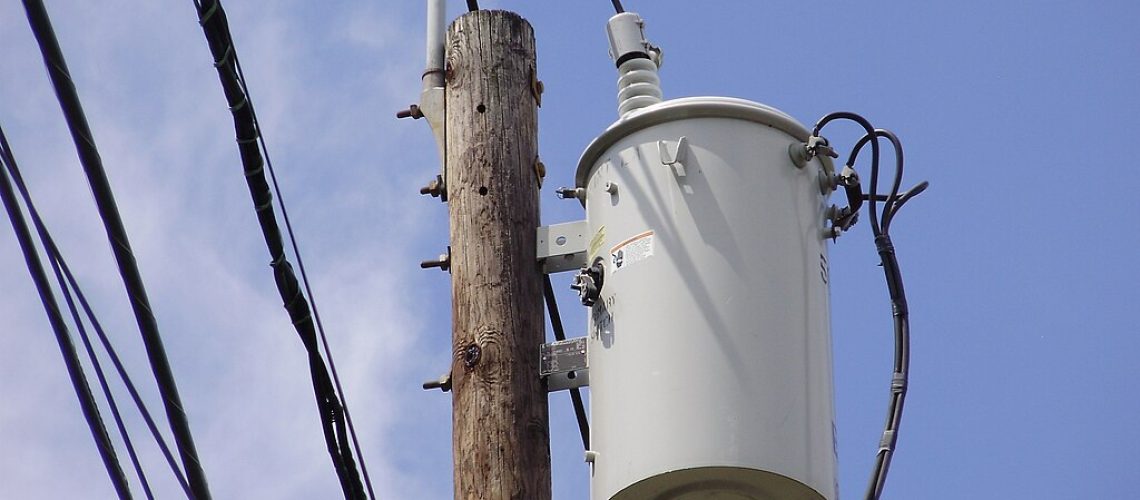Distributed solar and storage, along with demand response, “perform during extreme weather events” and deserve a greater role in reliability planning, the law professors say, while a new public office of grid reliability could guide transmission planning.
With “blackouts on the rise,” the primary cause of “our unreliable grid” is not the changing energy mix but “a failure of grid governance,” say four law professors in a white paper published by the Kleinman Center for Energy Policy at the University of Pennsylvania.
Pointing to the “correlated failures of gas and electricity supply,” the authors say policy makers should focus on distributed energy resources (DERs) such as rooftop solar, battery storage and demand response to ensure that “resources that perform during extreme weather events” are available in the future.
Solutions proposed in the paper include eliminating the ability of states to “veto” the participation of demand response providers in wholesale markets, and speeding up and enhancing regional rules for the participation of DERs in those markets.
In another set of recommendations, the authors call for reform of “overly privatized governance systems.” They say both the North American Electric Reliability Corporation (NERC), which is responsible for writing and enforcing grid reliability standards, and regional grid operators known as RTOs, which are responsible for designing and operating the markets that ensure resource adequacy in many regions, are private membership organizations.
Both NERC and RTOs are “dominated by entrenched, large industry players” who, as voting members, select each organization’s governing board and vote on the standards to be approved by the board. “This structure produces decision-making processes and rules that favor incumbents,” the authors say, which “lack adequate input from numerous public stakeholders, who have much to gain or lose from reliability-related decisions.”
The authors recommend strengthening public control of grid reliability by enhancing the Federal Energy Regulatory Commission’s (FERC’s) oversight of NERC and RTOs.
They also recommend creating a public office of grid reliability in place of NERC that “might also function as the central locus of planning for new transmission lines—a process that will be critical to ensure reliability in coming decades.” In a “more modest” proposal, they call for requiring NERC and RTOs to include more public representatives across their voting sectors and boards and “better balanced authority among stakeholders.”
“Most ambitiously,” the authors say in a final set of recommendations, “Congress should vest more authority in FERC to write and enforce reliability standards.”
“Those interested in shoring up grid reliability,” the paper concludes, “should focus on these institutions and their pathologies as the first step to real and durable grid reliability in the coming decades.”
The paper’s four authors are Alexandra Klass, Joshua Macy, Shelley Welton and Hannah Wiseman. They teach law, respectively, at the University of Michigan, the University of Chicago, the University of Pennsylvania and Pennsylvania State University. The white paper draws from ideas first presented in two law review articles by the authors, and is titled “The Key to Electric Grid Reliability: Modernizing Governance.”
Shelley Welton has previously called for considering public control of grid operators to speed interconnection of utility-scale solar, wind and storage projects.
In related work, Harvard law lecturer Ari Peskoe has called for overhauling regional grid operators to speed interconnection of renewables.



